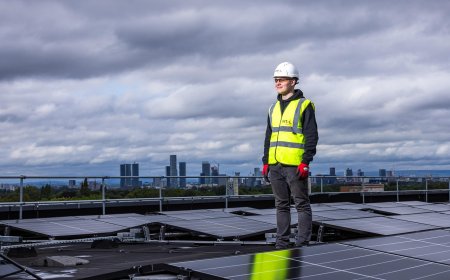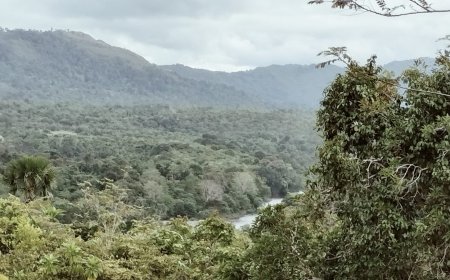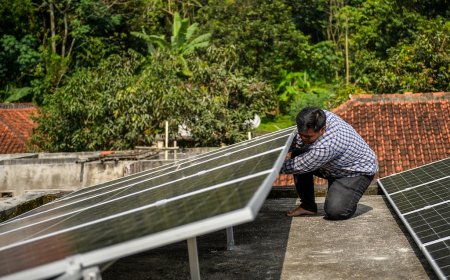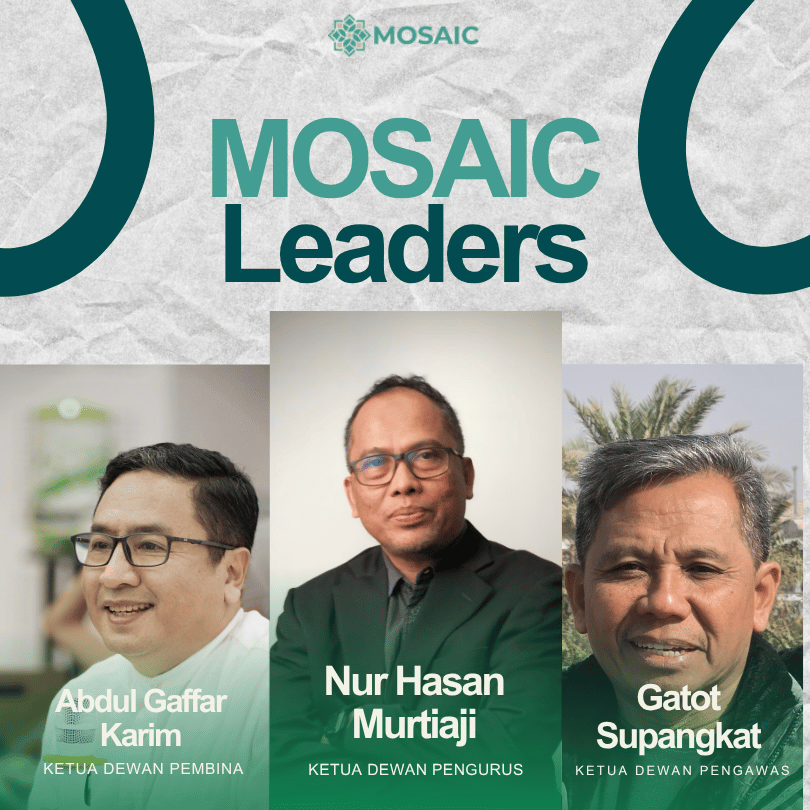Research: Religous figures most trusted on climate issues
This survey involved 3,000 Muslim respondents and 100 Islamic religious figures.
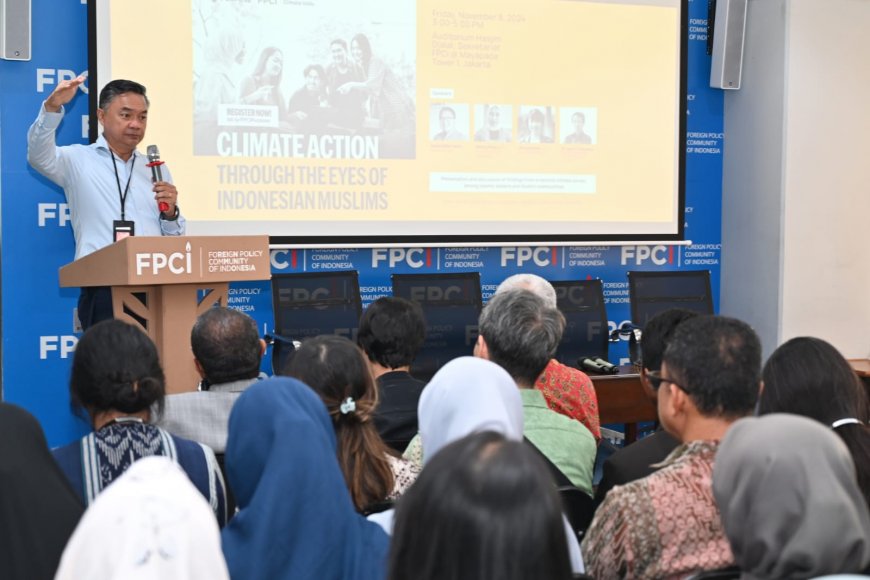
MOSAIC-INDONESIA.COM, JAKARTA — Social impact agency Purpose with the Foreign Policy Community of Indonesia (FPCI) in Jakarta on Friday (8/11/2024), released a research which shows religious leaders appear to be the most trusted party by the public in discussing climate issues.
The research revealed that 22 percent of respondents ranked Islamic religious leaders (clerics) in first place in the discussion of climate issues, higher than environmentalists (19 percent), national governments (11 percent) and scientists (9 percent).
Some figures such as Ustadz Adi Hidayat (UAH), Ustad Abdul Somad (UAS), Habib Jafar, Hanan Attaki, Gus Baha, Khalid Basalamah, KH Abdullah Gymnastiar (Aa Gym), KH Yahya Zainul Maarif (Buya Yahya), Felix Siaw and Gus Dur have a higher level of confidence when reviewing climate issues.
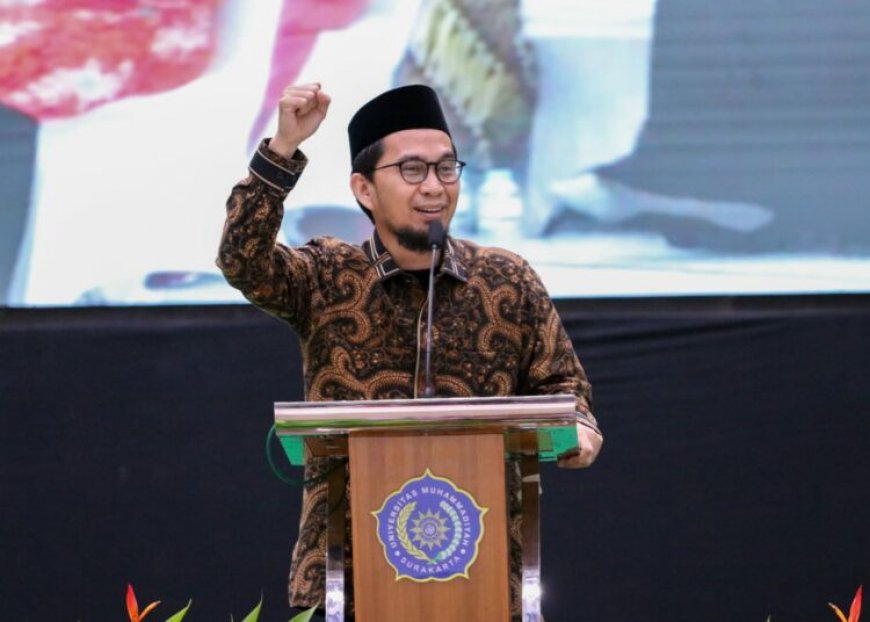
This demonstrates the vital role of engaging religious leaders in raising environmental issues to raise awareness and drive climate action at grassroots level. “There is agreement among Islamic leaders that Islam contains teachings to protect the environment,” Michelle Winowotan, Purpose's strategic manager, said in a statement.
The survey involved 3,000 Muslim respondents and 100 Islamic religious figures to capture their perceptions, attitudes, and roles in driving climate action. The main findings of the research include the fact that the environment is not yet the most priority issue for people. Of the ten priority issues, the environment is perched in the number six position. Jobs, health, and poverty are still the top three concerns of Muslims.
Respondents were also asked about equitable energy transitions. Many answered if an equitable energy transition was in the public interest. For them, energy management must be carried out in a balanced way between human needs and those of nature. They also refuse to exploit energy that damages ecosystems.
Another interesting question is about philanthropy for the climate. At first, their awareness of philanthropic action for the climate was decidedly low. Interestingly, when they were introduced and explained about the concept, many of them claimed to consider it in the future, as examples of charity for the environment, forest waqf to income for the environment.
Religious figures have believed that climate change and environmental damage are caused by human activity. The findings present a new perspective from various previous studies that tend to show that Indonesians deny the climate crisis as a result of human activity.
This quantitative and qualitative research underscores the important role of Islamic teachings in driving climate action and demonstrates the readiness of Muslim communities to take action for climate action.
Dino Patti Djalal, Founder and Chairman of FPCI, stated that the increase in global religiosity, including in Indonesia, is important to align climate solutions with Islamic teachings. The former ambassador of Indonesia to the US revealed that understanding barriers and gaps is key given that religious viewpoints are very important for Indonesians.

Longgena Ginting, Country Director of Purpose Indonesia, added that over the past 15 years, Purpose has built public movement and participation, including among Muslims. “We believe that these findings will serve as an important basis for strengthening climate action in Indonesia,” he said.
In the past three years, Purpose has built MOSAIC or Muslims for Shared Action on Climate Impact, a collaborative platform to bring together various Islamic stakeholders in driving climate action, including encouraging dialogue and lobbying with governments for more concrete policies.
Responding about the approach that needs to be taken to improve climate action among Muslims, Abdul Gaffar Karim, Mosaic Steering Committee, who is also an academic from Gadjah Mada University, said: “For us, action and collaboration are key.
Although the data reveals that people believe in religious leaders, unfortunately, the appeals in mosques touch very little on climate issues, in our small research less than 2% of the prayers in mosques touch on this topic.”
Gaffar added that concrete follow-ups like this should be encouraged such as approaching mosque management such as who determines the ustaz. “So that mosque takmir is an important part of the approach in order to be able to choose religious leaders who have good knowledge about the environment,” he said.
The initiative that MOSAIC has undertaken is the organization of the Congress of Muslims for Lestari Indonesia, which was attended by the Vice President and religious figures in 2022. The congress aimed to demonstrate a commitment to synergize national policy with Islamic religious values.
In addition MOSAIC also developed Islamic fund-based climate action movements such as Forest Waqf, Alms of Energy, and Climate Hijrah Workshop.

